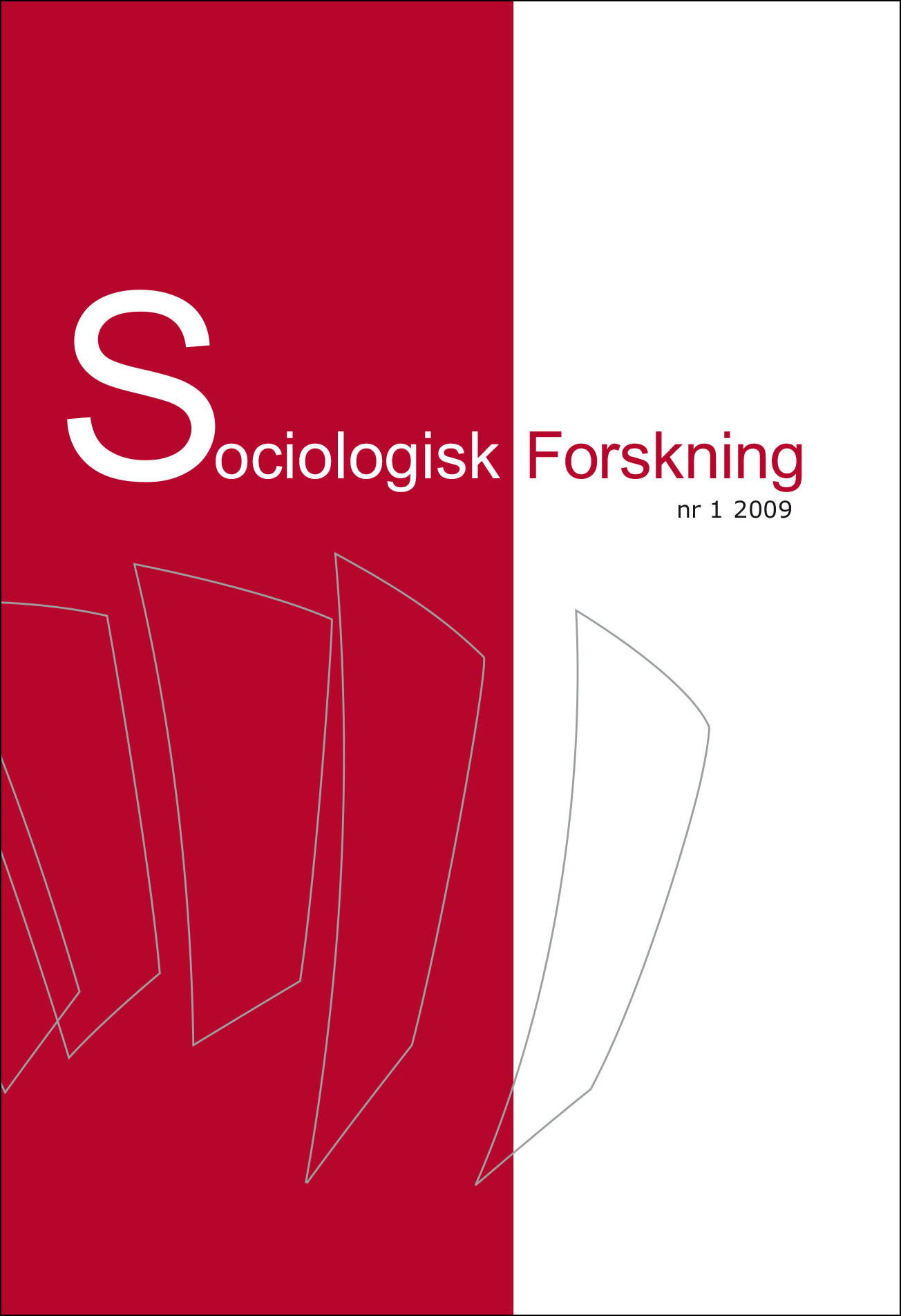Att prata ihop sig i rätten
DOI:
https://doi.org/10.37062/sf.46.19197Keywords:
witness credibility, lay judges, testimony, court deliberationsAbstract
Negotiating experience in the court
How do judges assess witness credibility, and how do they proceed to reach sustainable conclusions in a criminal court? This article is based on discussions in four focus groups with lay judges in Swedish district courts. In criminal court trials, a version of an event is generally reinforced if it is confirmed by witnesses. However, if their narratives are too similar, none of them is found trustworthy. The focus group participants agreed that if witnesses were suspected of having discussed their individual experiences of an event and accommodated them into a common story, their testimonies were not considered credible. While testimonies should ideally be untainted by other people’s impressions and opinions, other rules govern the truth of the court. The lay judges appreciated their deliberations, including negotiations on impressions and memories of the trial, and they sometimes adjusted their perceptions in the light of information provided by other members of the court. However, if the lay judges are viewed as witnesses of what takes place in the trial, this gives rise to a paradox: While witness negotiations on experiences are regarded as a means to construct a false or biased story, the same kind of interaction between the judges is considered necessary to establish a consensual truth of what actually happened.
Downloads
Published
How to Cite
Issue
Section
License
All content in Sociologisk Forskning is published with immediate open access, under the Creative Commons license CC BY-NC-ND 4.0.
All content may be read, downloaded, shared and printed for non-commercial purposes, free and without fees. Contents may not be altered. When content is reused, author, source and a link to the copyright licence must be provided. The author retains copyright to their content. No publication fees are charged.





